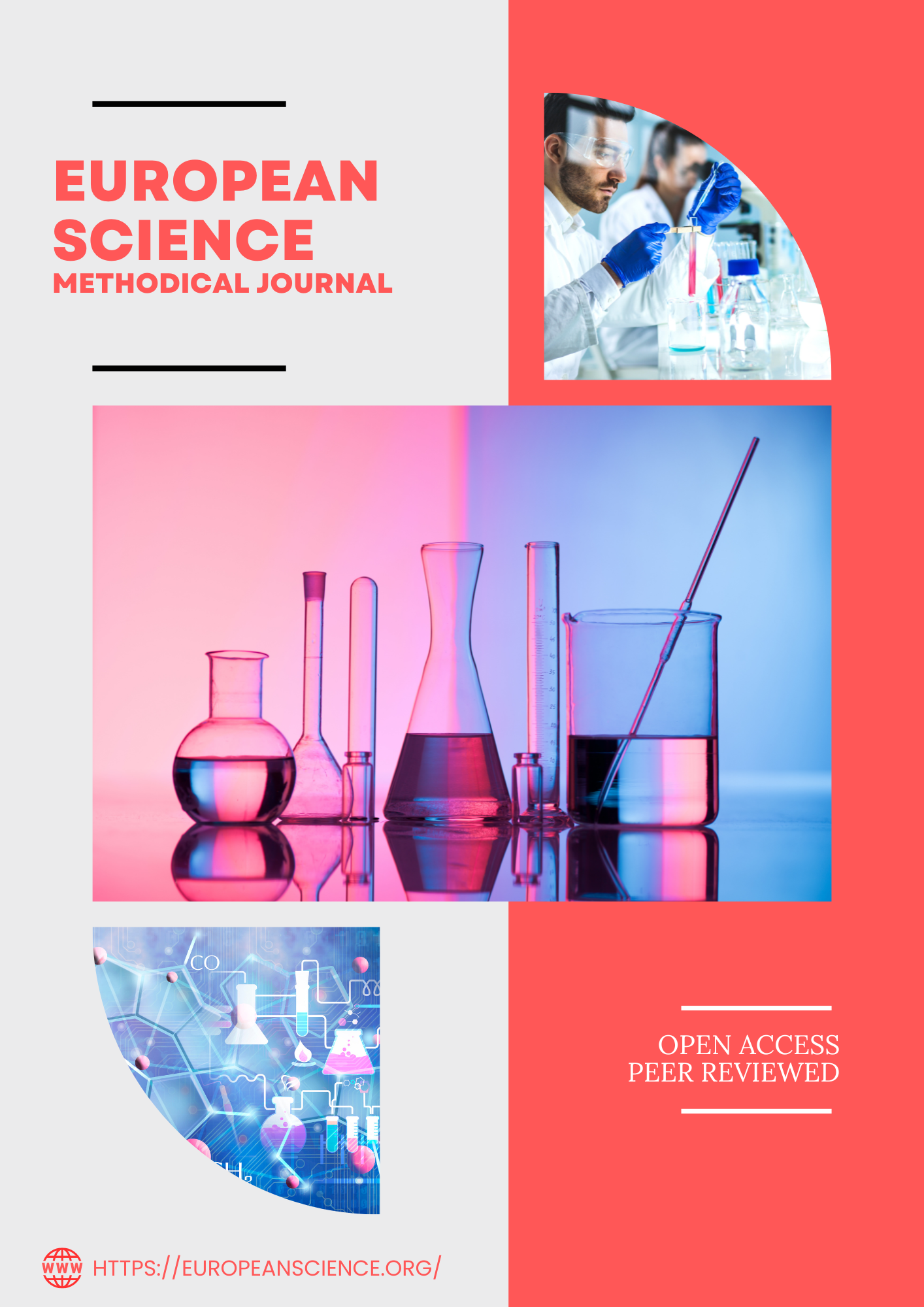FROM ANTIMICROBIAL TO ANTITUMOR AGENT: AN IN VITRO STUDY ON THE EFFICACY OF TINIDAZOLE AGAINST CERVICAL CANCER
Keywords:
Tinidazole, cervical cancer, HeLa cell line, NHF cell line, selective toxicity.Abstract
Background: Repositioning currently marketed drugs offers a promising strategy for discovering new anticancer agents. Tinidazole is one such medication that may potentially have an anticancer effect. Objective: This study evaluated the anticancer effects of Tinidazole and its selective toxicity toward cervical cancer cell lines. Methods: The MTT assay was employed to assess the anticancer activity of Tinidazole using the HeLa cancer cell line (human cervical cancer cell line). This assay involved two incubation periods of 24 and 72 hours, utilizing concentrations from 0.1 to 1000 μg/ml. For comparison, Cisplatin was included. A score of the selective toxicity index was estimated after assessing the cytotoxic impact of Tinidazole on human-derived adipose tissue (NHF) cell lines, along with the estimation of IC50 to evaluate the selective toxicity of Tinidazole towards cancer cells. Results: The MTT assay demonstrated that Tinidazole inhibits cervical cancer growth in a concentration-dependent and time-dependent manner, showing greater growth inhibition compared to cisplatin. Regarding its impact on the NHF cell line, Tinidazole had a lesser effect than on cancer cells. Furthermore, Tinidazole displayed a favorable selectivity index compared to cisplatin. Conclusion: Based on the study outcomes and the established pharmacokinetic and safety profiles of Tinidazole, it offers an attractive and safer alternative for treating cervical cancer.
Downloads
Published
Issue
Section
License

This work is licensed under a Creative Commons Attribution-NonCommercial 4.0 International License.















